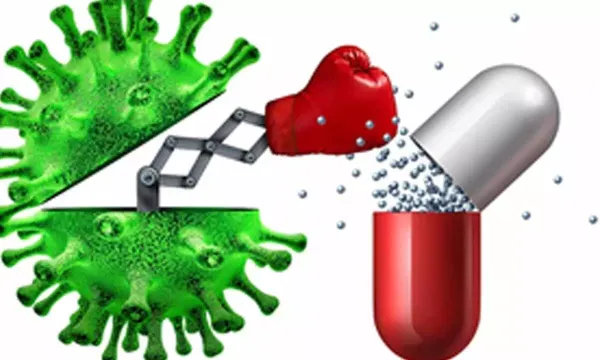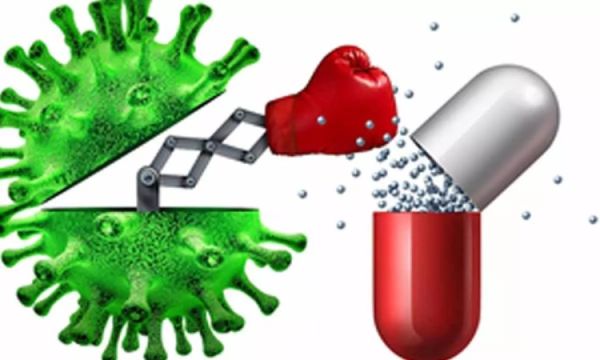
A recent research revealed how even brief antibiotic usage may result in long-lasting resistance in human gut bacteria, raising concerns about antimicrobial resistance (AMR), which causes millions of deaths annually.

US researchers at Stanford University concentrated their investigation on ciprofloxacin, which is used to treat bacterial infections in a variety of body areas.
They demonstrated that resistance to ciprofloxacin may develop in a variety of species on its own and persist for more than ten weeks.
The overuse and misuse of antibiotics is a major contributing factor to AMR.
In order to comprehend AMR, earlier research has focused on animal models and in vitro investigations. To understand how resistance develops in 60 individuals, however, the recent study—which was published in the journal Nature—performed a longitudinal metagenomic analysis.
60 healthy participants were given 500 mg of ciprofloxacin by the researchers to take twice a day for five days.
The scientists discovered 2.3 million genetic variations and rebuilt 5,665 genomes representing commensal bacterial communities using stool samples and a computer tool.
Of these, gyrA, a gene linked to fluoroquinolone resistance, had genetic alterations or mutations in 513 populations. Fluoroquinolones are a type of broad-spectrum antibiotics that kill bacteria by preventing them from replicating their DNA.
Usually, a lot of mutations occur on their own in people. Through these alterations, resistance was developed in almost 10% of bacterial populations that were previously vulnerable.
The resistance was expected to be detectable for up to a year and continued after 10 weeks.
Notably, groups that were plentiful before to treatment had a higher likelihood of developing resistance. Significant drops were also seen in these during exposure.
As stated by the researchers in the publication, “these findings revealed that brief ciprofloxacin exposure drives the evolution of resistance in gut commensals, with mutations persisting long after exposure.”
“This study identifies important genomic and ecological factors that shape bacterial adaptation in vivo (in humans) and highlights the human gut’s ability to promote the evolution of resistance,” they said.